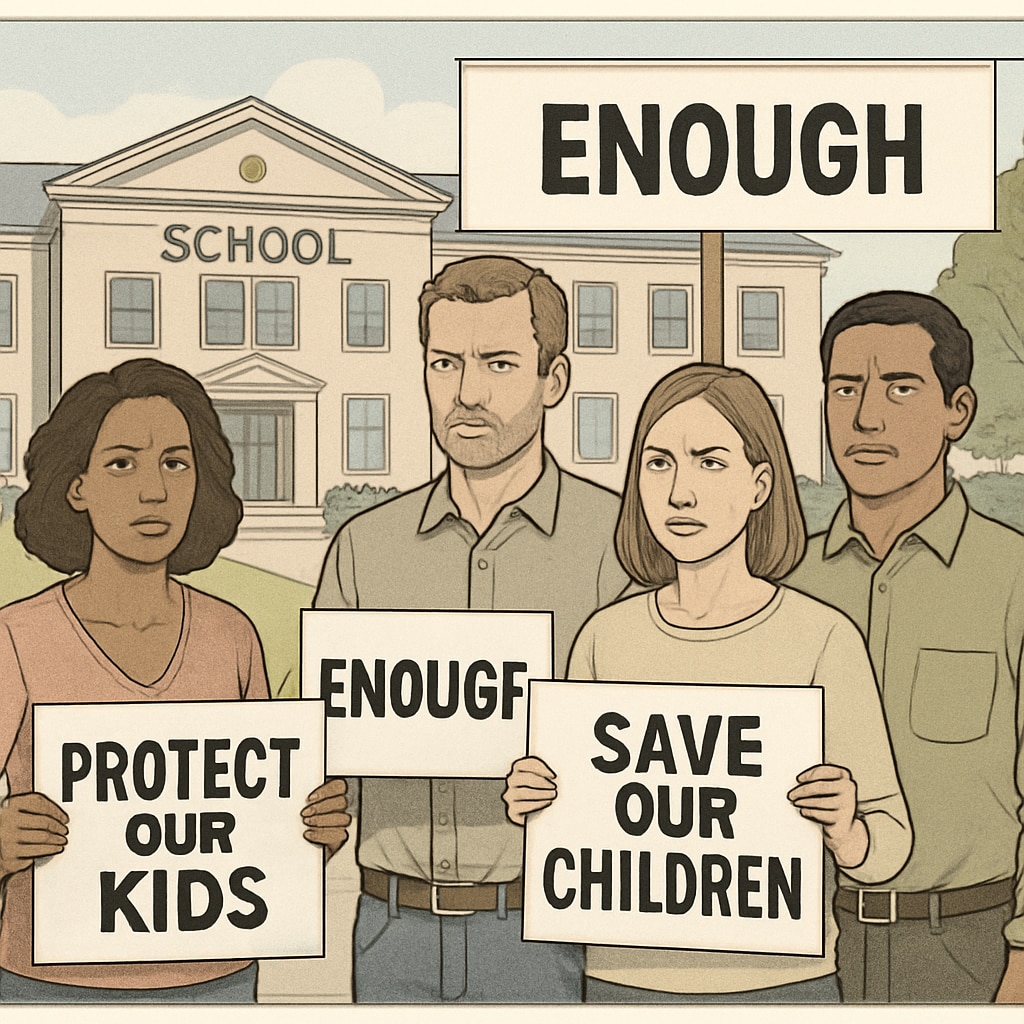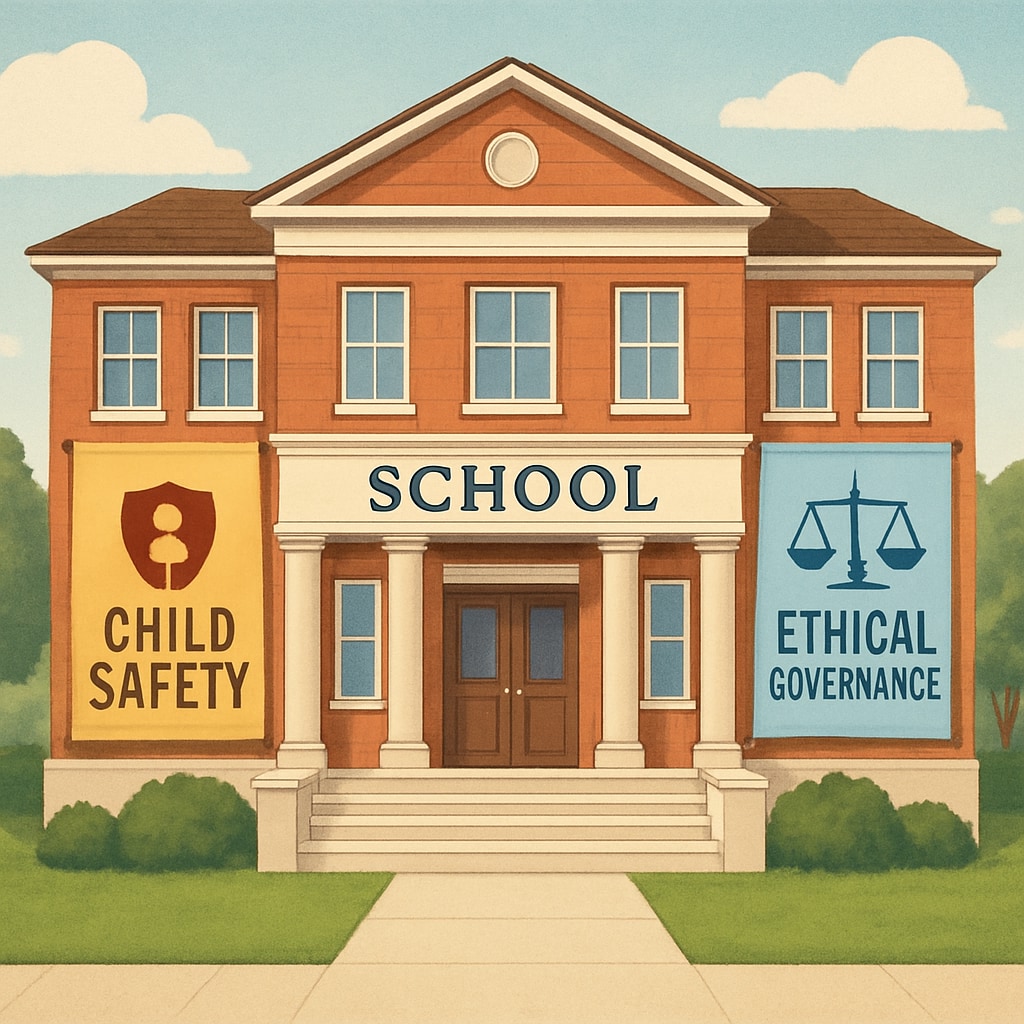Recent protests in a small Maine town have ignited a critical debate over the safety of children in schools. The controversy began when a community member with a history of violent crime was elected to the school board, leading to widespread concerns about the qualifications of individuals tasked with overseeing educational institutions. This incident highlights the crucial intersection of school governance, child abuse prevention, and community action, raising questions about the effectiveness of background checks and the ethical standards applied to school leaders.

Accountability in School Governance
School boards play a vital role in shaping the policies and environment that directly impact students’ welfare. However, the Maine protest has exposed gaps in the vetting process for board members. While many states require background checks for teachers and staff, similar scrutiny for elected officials overseeing schools is often overlooked. This inconsistency undermines the community’s trust and raises legitimate concerns about accountability and transparency in governance.
For example, a school board member with a violent crime history could pose risks not only to students but also to the board’s credibility. Communities rely on educational institutions to prioritize the safety and development of children, making it imperative to ensure that those in leadership positions align with these values.
The Role of Community Action
The protests in Maine reflect the power of community action in advocating for student safety and ethical governance. Parents and concerned citizens have mobilized to demand stricter background checks and removal of individuals who may jeopardize the welfare of children. Such grassroots movements underscore the importance of community participation in educational oversight.
In addition, these protests serve as a reminder of the broader societal responsibility to protect vulnerable populations. When school boards fail to implement robust policies, community members have a moral obligation to hold them accountable. This ensures a safer environment for students and fosters trust between schools and the communities they serve.

Balancing Safety with Legal Rights
While the community’s concerns are valid, the issue also opens a discussion about balancing safety with legal rights. Individuals who have served their sentences and rehabilitated often face barriers to reintegration, including public skepticism. Excluding them from leadership roles could perpetuate stigma, making it harder for them to contribute positively to society.
Therefore, establishing clear guidelines and transparent processes for evaluating candidates is essential. For instance, a tiered background check system could differentiate between minor infractions and serious crimes, allowing for a nuanced assessment of suitability for school governance roles.
Policy Recommendations for Reform
To address these concerns, educational institutions and policymakers should consider implementing the following reforms:
- Mandatory Background Checks: Require comprehensive background checks for all school board candidates, similar to those conducted for teachers and staff.
- Ethics Training: Provide mandatory ethics and child safety training for elected board members to ensure alignment with community values.
- Community Oversight: Establish a formal process for public input on school board appointments or elections to enhance transparency.
- Rehabilitation Opportunities: Create pathways for individuals with past offenses to demonstrate rehabilitation and earn eligibility for leadership roles.
By implementing these measures, schools can strike a balance between protecting students and fostering inclusivity within their governance structures.
Conclusion
The incident in Maine is a wake-up call for communities and educational institutions nationwide. It underscores the need for robust policies that prioritize student safety while respecting legal rights and rehabilitation. As the protests continue, the dialogue surrounding school governance, child abuse prevention, and community action must evolve to ensure that schools remain safe, inclusive spaces for learning and growth.
Ultimately, the goal should be to create systems that empower communities to actively participate in educational oversight, ensuring accountability and trust in those who shape the future of our children.
Readability guidance: This article uses short paragraphs and lists to summarize key points. It prioritizes active voice and includes transition words to enhance flow. Images are placed to complement relevant sections of the text.


